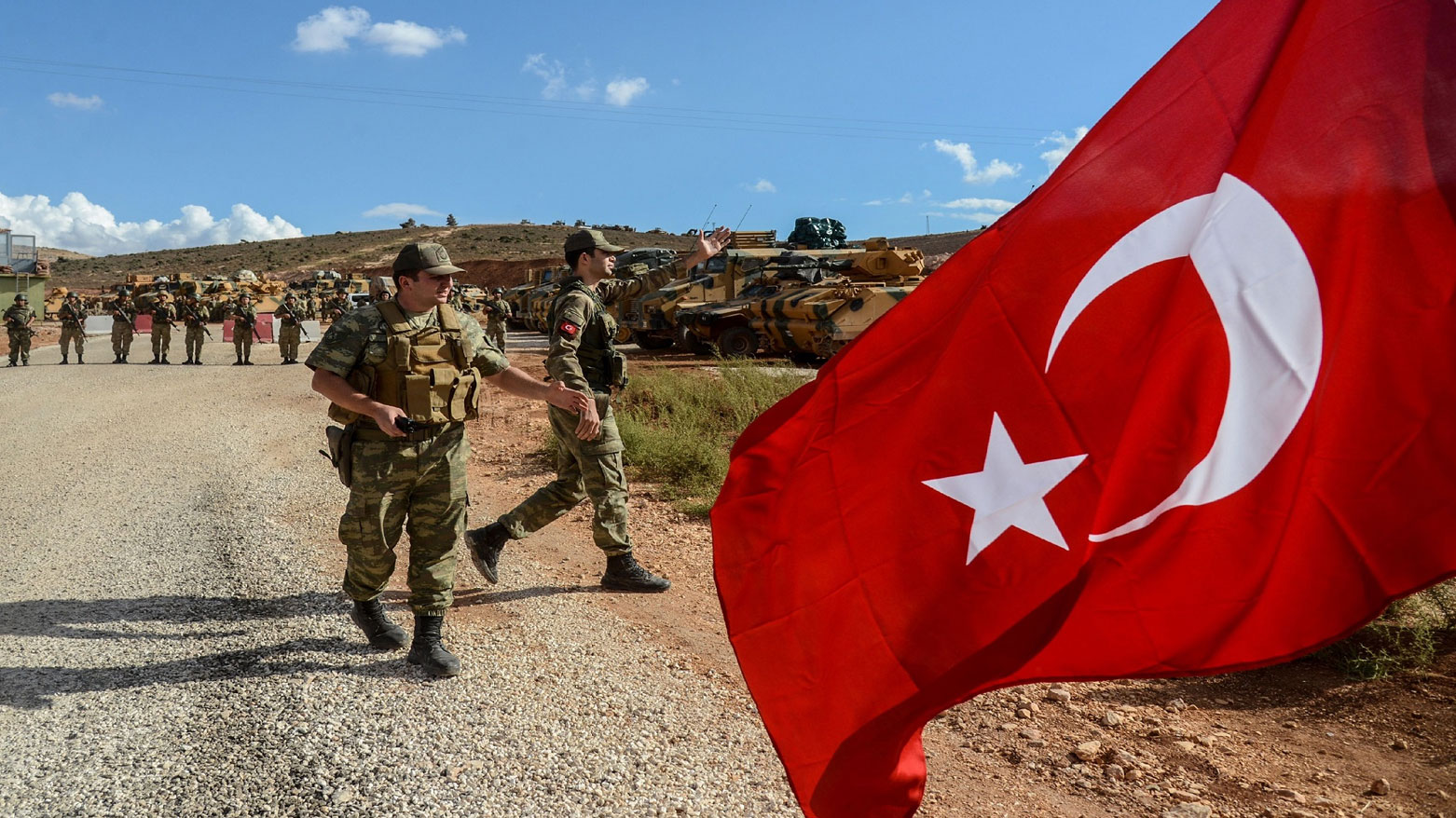Türkiye Extends Military Mandates in Lebanon, Syria, and Iraq Amid Shifting Regional Dynamics
Türkiye's parliament extended military mandates in Lebanon (UNIFIL), Syria, and Iraq for two to three years, citing border security and regional stability. The moves continue Ankara's cross-border operations against Kurdish forces despite ongoing peace processes.

ERBIL (Kurdistan24) – Türkiye’s parliament on Tuesday approved a series of motions extending the deployment of Turkish military forces in Lebanon, Syria, and Iraq, marking a continuation of Ankara’s active military involvement across the region. The decision, submitted by President Recep Tayyip Erdoğan, renews mandates under the stated pretext of “regional stability,” but observers note that the primary focus remains confronting Kurdish forces in neighboring territories.
The Turkish Grand National Assembly ratified the extension of Türkiye’s participation in the United Nations Interim Force in Lebanon (UNIFIL) for an additional two years, starting October 31, 2025. Turkish troops first joined the peacekeeping mission in 2006, which has been stationed in southern Lebanon since March 1978 along the Israeli border.
In the proposal, President Erdoğan underscored the importance of bilateral ties with Lebanon and the “security circumstances in the region,” authorizing the continued participation of a contingent whose size will be determined by presidential decree.
Last year, parliament renewed the presence of 97 Turkish troops in UNIFIL for one year. As of July 2025, the United Nations listed 13,000 peacekeepers serving under UNIFIL, including 9,800 from the mission’s principal contributors: Indonesia, Italy, and India.
The extension follows the UN Security Council’s August 28 decision to prolong UNIFIL’s mandate one final time until December 31, 2026, before initiating a complete withdrawal by the end of 2027. The resolution stipulates that the Lebanese Army will assume full responsibility for security in the country’s south by that date.
The Turkish parliament also approved Erdoğan’s proposal to extend the deployment of military units in both Iraq and Syria for three more years. Turkish state media described the move as essential to securing national borders, though opposition parties viewed it as an open-ended military intervention targeting Kurdish regions.
According to NTV and T24, the main opposition parties — the Republican People’s Party (CHP) and the pro-Kurdish Equality and Democracy Party (DEM) — voted against the measure, criticizing Ankara’s long-standing use of cross-border mandates.
Since 2015, Türkiye has maintained a strong military presence across northern Syria under the pretext of “border security,” with between 16,000 and 18,000 troops stationed in the area, according to an AKP spokesperson. Ankara continues to justify these operations as efforts to “counter Kurdish armed groups,” though Kurdish political representatives and human rights organizations have repeatedly condemned the incursions as violations of sovereignty and destabilizing actions against Kurdish communities.
Following the ouster of Syrian President Bashar al-Assad in December 2024 and the formation of a transitional government in Damascus — one that enjoys Ankara’s backing — Türkiye has sought to integrate armed factions operating under its influence into the newly formed Syrian army. Turkish officials have stated that a successful integration process could lead Ankara to “reassess its military presence” in Syrian territory.
However, Kurdish political entities in northern Syria have expressed skepticism, warning that Ankara’s military and political leverage could obstruct genuine national reconciliation and fair representation.
For nearly 25 years, Türkiye has maintained dozens of military bases within Iraq’s Kurdistan Region as part of its campaign against the Kurdistan Workers’ Party (PKK). Despite the PKK’s announcement in May 2025 that it had disbanded and committed to a peace process with Turkish authorities, Turkish forces have continued conducting cross-border ground and air operations targeting Kurdish fighters in northern Iraq.
These operations, launched from permanent bases established across the mountainous border region, have drawn criticism from both Baghdad and Erbil, with repeated calls for respect for Iraq’s sovereignty and the safety of its civilians.
Türkiye’s latest parliamentary approval underscores its continued reliance on military instruments to secure geopolitical objectives, particularly in areas inhabited by Kurdish populations. While Ankara maintains that these deployments serve security and stabilization goals, opposition parties and Kurdish representatives argue that the policy risks perpetuating cycles of tension rather than resolving underlying issues through dialogue.
As the region undergoes sweeping transformations — including the ongoing peace process between Ankara and Kurdish movements, and Syria’s political transition — the Turkish government’s approach is seen as a test of its willingness to move from a strategy of containment to one of coexistence.